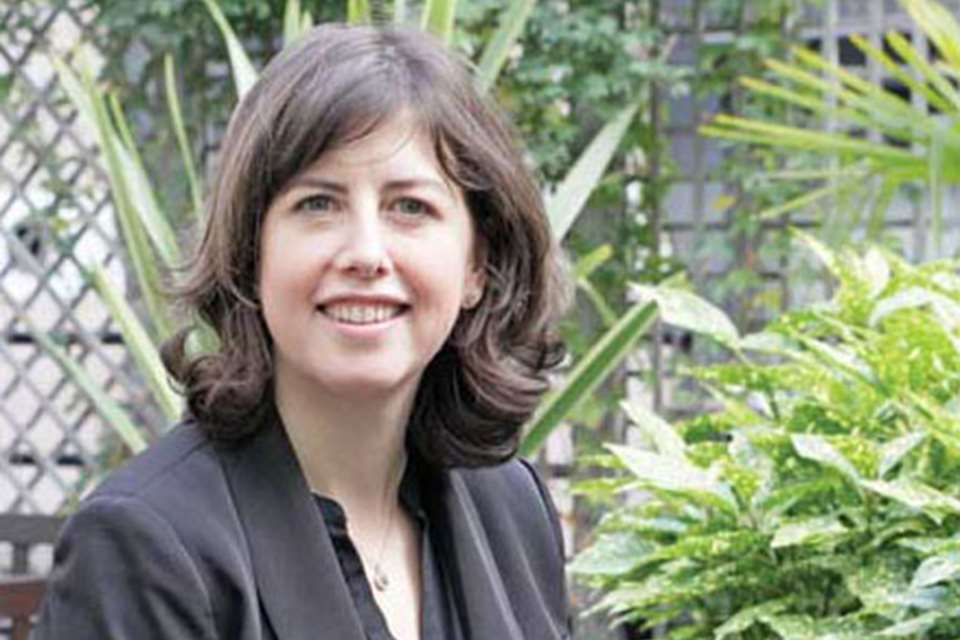Majority of disadvantaged two-year-olds in PVI settings
Thursday, June 26, 2014
New Government figures reveal that two-thirds of disadvantaged two-year-olds have taken up their place, and the majority are in private, voluntary and independent settings.

The statistics on provision for children under five shows that as of January 2014, 86,640 of the 130,000 disadvantaged eligible two-year-olds had taken up the offer.
The Department for Education said last week that 116, 000 two-year-olds have taken up the places so far.
From September, the number of two-year-old places will increase to 260,000.
The latest figures show that the majority (96 per cent) of two-year-olds were accessing their place at a private or voluntary setting.
Just two-per cent of two year olds accessed their place at a maintained nursery school and one per cent in nursery classes in primary schools.
The Government has now launched a drive to encourage more schools to take two-year-olds.
As the number of two-year-old places is set to increase in September, the Pre-school Learning Alliance has called for greater Government support for the PVI sector to deliver on the offer.
Last week, the Labour party revealed that data obtained through a Freedom of Information request, showed that 43 per cent of councils will be unable to offer sufficient nursery and childminder places for 40 per cent of two-year-olds.
The latest Government statistics also reveal a slight rise in the number of three- and four-year-olds that took up their place compared to last year.
Most three year-olds were accessing their place with a private and voluntary provider, while the majority of four-year-olds were in infant classes within primary schools.
Qualifications
The figures also show how many staff employed by PVI providers delivering the early education places, have Qualified Teacher Status or Early Years Professional Status.
Of the PVIs delivering funded places for two-year-olds, 44 per cent (6,000) had QTS or EYPS qualified staff in January, while 45 per cent of providers offering the three and four-year-old places had staff qualified to QTS or EYPS, an increase of 15 per cent since 2010.
Neil Leitch, chief executive of the Pre-School Learning Alliance, said, ‘The fact that such a high proportion of funded two-year-olds are in non-maintained settings should be a clear sign to Government that it simply must invest in the PVI sector if the two-year-old scheme is to succeed in the long-term.
'It seems completely illogical to continue to focus so heavily on promoting school-based provision when only 1 per cent of funded two-year olds are currently accessing places at school nurseries and there is such an extensive network of excellent and experienced PVI providers already available.
‘The assumption that to achieve the Government’s aim of developing a graduate-led early years sector, we need to move to a school-led system, is fundamentally flawed. Research does show that graduate-led provision has a positive impact on early outcomes, but it does not say that this provision has to be school-based.
‘The percentage of PVI settings delivering funded places for three-and four-year-olds who employ graduate staff has increased by 15% since 2010. The Government should be looking to build on this progress and support the sector in developing a highly-qualified workforce, rather than opting for the cheap and easy solution of pushing young children into a school environment far too early.’
Anne Longfield, chief executive of 4Children, said, ‘Although around two-thirds of the disadvantaged two-year-olds are getting the 15 hours of free childcare to which they are entitled, we need to ensure that every child who is eligible is able to benefit from this. The big challenge is now to get the places ready for the next tranche of two-year-olds who will become eligible in September.
‘There is still a long way to go on this in some areas and the local authorities need to work urgently with the voluntary sector to develop hundreds of new places in disadvantaged areas. There are still too many parents who don’t know about these places and a real priority for health visitors, GPs, and teachers to get the message out to parents.
‘In the longer term 4Children wants to see this free entitlement expanded to 25 hours a week for all one- to four-year-olds to give them the best possible start in life.’








